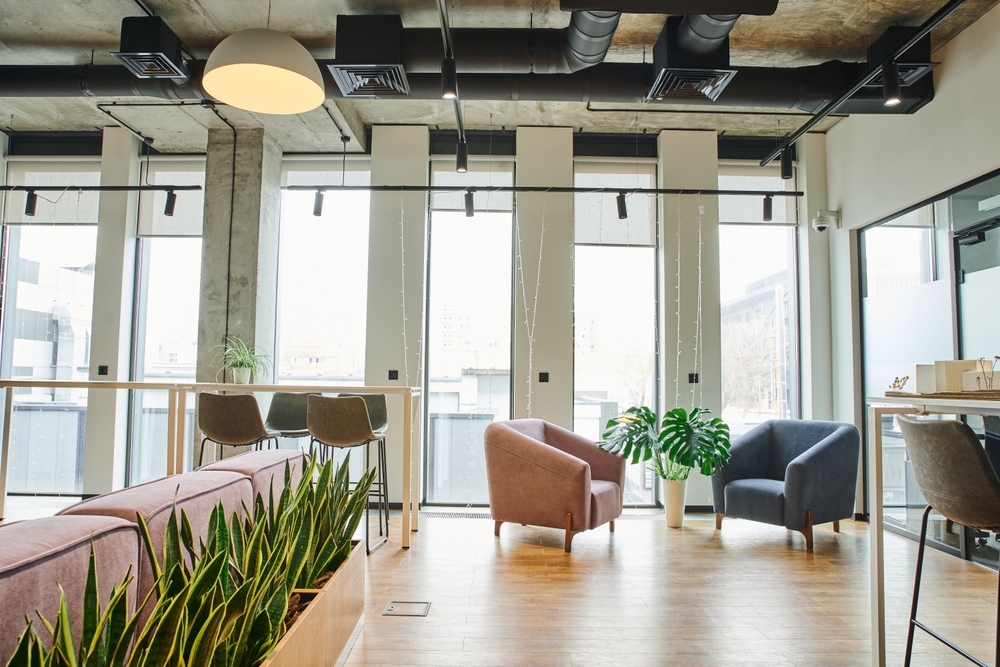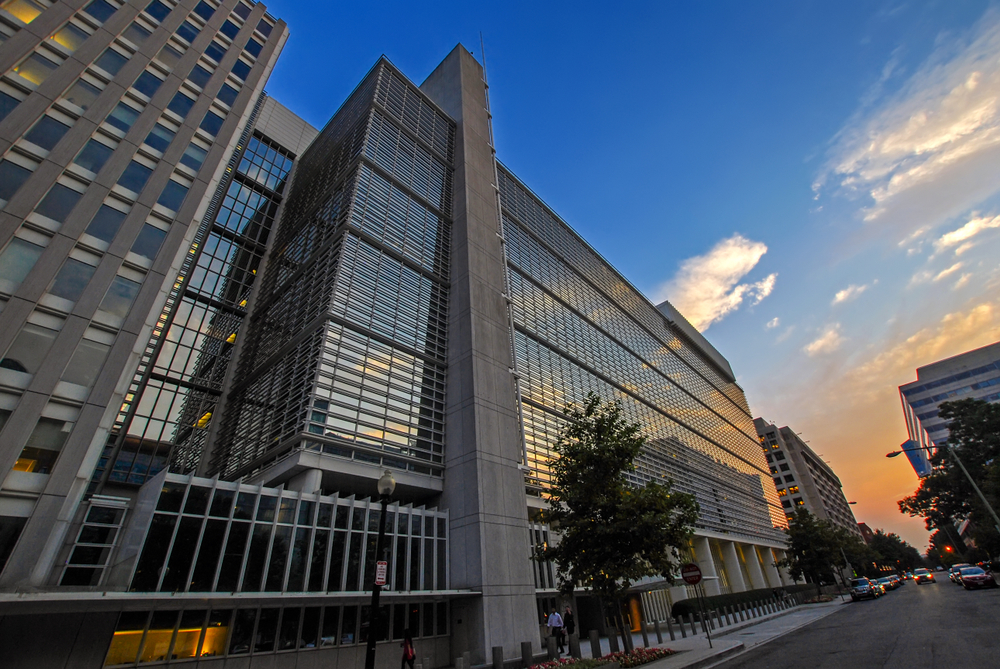The landscape of office spaces in Washington's tech hubs is undergoing a profound transformation. As technology advances and work culture shifts, the traditional notion of office spaces is evolving to meet the needs of a new generation of workers. This blog explores the future of office spaces in Washington, focusing on key trends, challenges, and innovative solutions that are shaping the tech environment in the region.
The Current State of Office Spaces
Washington is home to several thriving tech hubs, with cities like Seattle and Redmond leading the charge. These areas boast a mix of established companies and innovative startups, all vying for talent and market share. The pandemic accelerated changes in work habits, pushing remote and hybrid work models into the mainstream. As businesses reassess their office space needs, the future of these environments is becoming increasingly dynamic.
The Shift to Hybrid Work Models
The shift toward hybrid work models is one of the most significant trends influencing office spaces. Many companies have realized that flexibility is essential for attracting and retaining talent. Employees enjoy the freedom of working remotely part of the week while still valuing in-person collaboration. This hybrid approach is leading organizations to rethink their office layouts and the functions they serve.
Redefining Space Usage
As hybrid work becomes the norm, the way office spaces are utilized is changing. Traditional setups with rows of desks are giving way to more collaborative environments that promote teamwork and creativity. Companies are investing in open layouts, collaborative spaces, and breakout areas to facilitate spontaneous interactions among employees. This shift also reflects the growing recognition of the importance of mental well-being and work-life balance.
The Role of Technology
Technology is at the forefront of the evolution of office spaces in Washington’s tech hubs. Companies are leveraging various tools and solutions to enhance productivity, collaboration, and the overall employee experience. Here are some key technological trends shaping the future of office environments:
Smart Office Solutions
Smart office technology is transforming the way spaces are managed and utilized. From smart lighting and heating to occupancy sensors and app-controlled meeting rooms, these solutions improve efficiency and comfort. In Washington's tech hubs, companies are adopting smart technologies to create environments that respond to the needs of their employees, allowing for more sustainable and effective use of resources.
Enhanced Communication Tools
With a hybrid workforce, effective communication tools are essential. Companies are investing in platforms that facilitate seamless communication and collaboration, ensuring that remote and in-office employees can work together effectively. Tools like Slack, Microsoft Teams, and Zoom have become staples, but organizations are also exploring more specialized solutions tailored to their specific needs.
Sustainability in Office Design

Sustainability is a crucial consideration for the future of office spaces, especially in environmentally conscious regions like Washington. Tech companies are increasingly prioritizing eco-friendly practices in their office design and operations. Here are some key sustainability trends:
Green Building Standards
Washington’s tech hubs are seeing a rise in the construction of green buildings that adhere to LEED (Leadership in Energy and Environmental Design) certification and other sustainability standards. These buildings prioritize energy efficiency, water conservation, and sustainable materials, creating healthier work environments for employees while minimizing their carbon footprint.
Flexible and Adaptive Spaces
Flexible office spaces that can adapt to changing needs are becoming increasingly important. Companies are investing in modular furniture and design elements that can be easily reconfigured to accommodate different functions, from collaborative meetings to quiet work areas. This adaptability allows businesses to respond to fluctuating workforce sizes and changing project demands.
Balancing Remote and In-Office Work
As hybrid work becomes the norm, companies face the challenge of maintaining a cohesive company culture and ensuring equal opportunities for all employees, regardless of their work location. Organizations must find ways to foster collaboration and connection among teams, whether working remotely or in the office.
Real Estate Costs
With the rise of remote work, some companies may consider downsizing their physical office spaces to save on real estate costs. However, in competitive markets like Washington, finding affordable and suitable office space can be challenging. Companies must navigate this landscape carefully to secure the right environments for their teams.
The Role of Community and Collaboration
In Washington's tech hubs, collaboration is a cornerstone of innovation. The future of office spaces is not solely about individual companies but also about the broader ecosystem of startups, tech firms, and research institutions working together. Here are some trends in community and collaboration:
Co-Working Spaces
Co-working spaces are gaining popularity in urban areas, offering flexible office solutions for freelancers, startups, and remote workers. These spaces foster collaboration and networking, creating opportunities for cross-pollination of ideas among diverse groups of professionals. Washington's tech hubs are seeing an increase in co-working spaces that cater specifically to the tech community, enhancing the collaborative atmosphere.
Innovation Districts

Innovation districts, which are geographically defined areas that promote collaboration and entrepreneurship, are becoming more common in urban centers. In Washington, cities are investing in developing these districts, creating environments where startups and established companies can thrive together. These areas often feature shared resources, incubators, and networking opportunities, fostering a culture of innovation.
The future of office spaces in Washington's tech hubs is being shaped by a convergence of technology, sustainability, and evolving work culture. As companies adapt to hybrid work models and prioritize employee well-being, office environments are becoming more collaborative, flexible, and sustainable. While challenges remain, the opportunities for innovation and community building are vast.
As Washington continues to evolve as a tech hub, the reimagining of office spaces will play a crucial role in attracting and retaining talent, fostering creativity, and driving economic growth. By embracing new trends and approaches, businesses can create work environments that not only enhance productivity but also contribute to a vibrant and sustainable future for the region. As we look ahead, the transformation of office spaces will undoubtedly reflect the dynamic spirit of Washington's tech community, paving the way for a more connected and innovative tomorrow.

